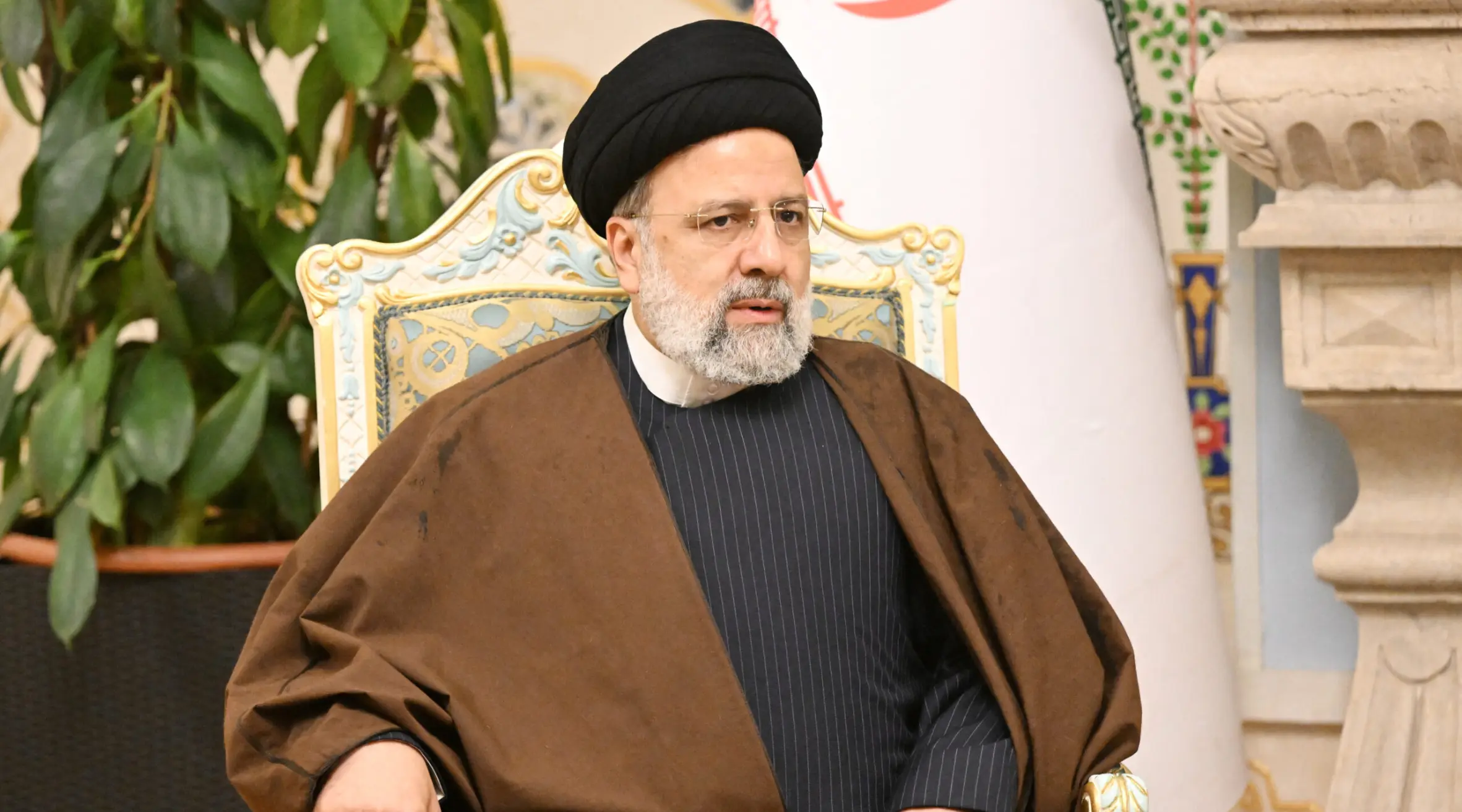Iran (Transatlantic Today) – New shock in the Middle East. The already unstable situation in the region, given the conflict between Hamas and Israel in Gaza and the recent confrontation between Iran and Israel that made the world volatile, could now be worsened by what happened with the Iranian president. Ebrahim Raisi has passed away in a helicopter accident along with the Minister of Foreign Affairs, Hossein Amirabdollahian, and seven other people, and what happened increases the nervousness of the markets.
Effects on Regional Conflicts
Raisi passed away during the period when Israel and Hamas were still at war in Gaza, which has led to serious humanitarian problems. Iran, a recognized Hamas ally, has strengthened its ties in the past, most notably when Hamas leader Ismail Haniyeh paid Tehran a high-profile visit.
Reactions from Hamas
Hamas expressed sympathy to Iran and commended Raisi for backing the Palestinian cause and the resistance movement against Israel. According to the Palestinian daily “Filastin,” the organization voiced faith in Iran’s ability to bounce back from the catastrophe.
Succession and Leadership
Following Raisi’s death, the first vice president, Mohammad Mokhber, was next in line of succession, if accepted by Iran’s supreme leader, who acts as the last judge of internal and external matters. And Khamenei has already completed it.
Ongoing Tensions with Israel
According to Bolsamania, tensions between Iran and Israel persist due to recent exchanges of attacks. Last month, Iran launched a drone and missile attack against Israel, which was followed by an Israeli counterattack. Although confrontations have paused, the proxy war continues through Iranian-backed militias like Hamas and Hezbollah.
Internal Challenges in Iran
Internally, Iran faces significant dissent and economic challenges. Raisi’s hardline leadership faced numerous protests, particularly from young Iranians seeking reforms and economic opportunities. The government’s crackdown on dissent has drawn criticism from international bodies, including the United Nations.
Future Leadership and Stability
The death of Raisi has potential implications for Iran’s future leadership and stability. Market analysts express concern over possible power struggles within Iran’s clerical establishment and the broader implications for regional security. Observers question whether new leadership might shift Iran’s foreign policy stance, though significant changes are unlikely.
Economic and geopolitical implications
While there is no evidence of foul play in the helicopter accident, economic experts say it adds to the complexities of Iran’s political scene. The situation remains unpredictable as Iran grapples with internal instability and external crises.


























